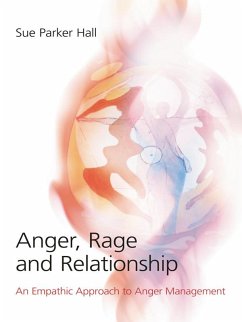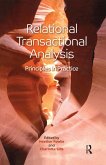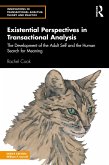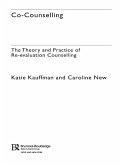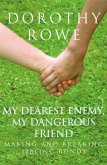Rather than promoting strategies and techniques for eradicating anger, Sue Parker Hall, puts forward an approach which seeks to not only work with, but to differentiate between, anger and rage. Anger and rage are constructed as entirely different phenomena, originating at different developmental stages, having different functions and relational needs and requiring different aspects of relationship in the therapeutic process.
Further areas of discussion include:
- the positive aspects of anger
- practitioner protection
- the therapeutic implications of working with both anger and rage
This book will provide invaluable reading for practitioners dealing with anger and rage in the therapeutic setting, as well as being of great interest to all counsellors and therapists in the related field.
Dieser Download kann aus rechtlichen Gründen nur mit Rechnungsadresse in A, B, BG, CY, CZ, D, DK, EW, E, FIN, F, GR, HR, H, IRL, I, LT, L, LR, M, NL, PL, P, R, S, SLO, SK ausgeliefert werden.
'This is a powerful and timely work that enhances and extends the field of 'anger management' considerably. Reading it has given me many points of reflection and its richness and clarity have already helped me personally as well as professionally in the role of therapist. An inspiring read.' - Jim Holloway, Independent Counsellor and Psychotherapist
'This is an important book. The author is to be commended for the breadth of its scope, as well as the depth and rigour of her analysis. The distinction she draws between anger and rage is both important and useful. She critiques existing models and approaches to working with anger and violence, and promotes a practice and a process of 'empathic anger management' which acknowledges the human organism's capacity for life and for processing our experience of life. The author also emphasises the importance of positive aspects of anger and 'adult rage', for example, in responding to social injustice. The book stands in the tradition of social psychology, and is clear about the social context of anger and rage which, the author argues, is endemic in British and American culture. I highly recommend it.' - Keith Tudor, Psychotherapist, Director of Temenos, Sheffield, Honorary Lecturer, Liverpool John Moores University

